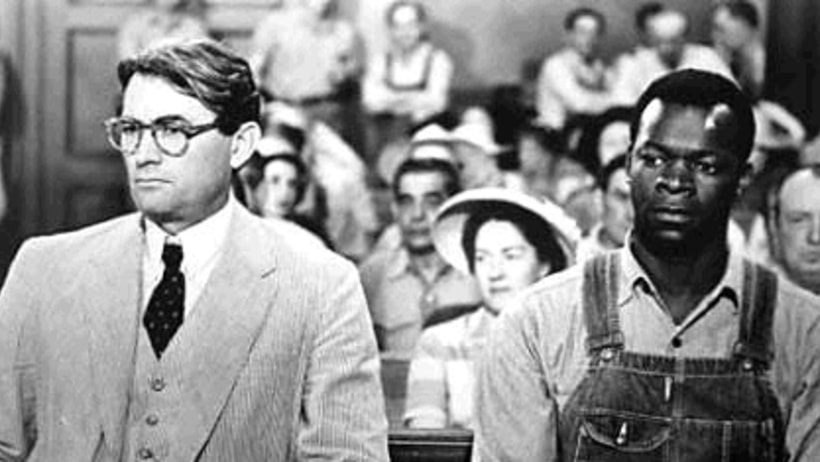Is there anything more unnerving than walking into a room while people are having a conversation, and at the moment you enter, the conversation stops? There’s a good chance the conversation just hit a natural pause or lull, but it’s easy to jump to the conclusion that the conversation must have been about you.

Or how about this scenario: you walk into a room during a conversation, and the first thing you hear sounds completely ridiculous or highly inappropriate. Just like the pause, it probably made total sense and seemed completely natural in the context of the conversation, but you weren’t present for the rest of the dialogue.
Context is key. So much of our lives and understanding of the world around us is about knowing the recent history of people, conversations, and events. This is especially true in the legal world.
This week we read from parshat Shoftim, a section of Torah that completely focuses on the legal system, on justice, and on context. This text includes the commandment to establish judges and officers, as well as a listing of punishments for certain transgressions against mitzvot. We also learn about the laws surrounding false witnesses and murder. The notion of motive comes to light as the Torah discusses the challenge in proving intent.
Chapter 17, verses 8-9 teach, “If a case is too baffling for you to decide, be it a controversy over homicide, civil law, or assault – matters of dispute in your courts – you shall promptly repair to the place that the Lord your God will have chosen, and appear before the levitical priests, or the magistrate in charge at the time and present your problem.”
Of note in this verse is the phrasing of “the magistrate in charge at the time.” That is to say that the authority needs to know not only the law, but also its context in the society at the time. The Torah is quick to teach that only a judge living in today’s world can understand how to apply the law today.
This holds true for conservative Judaism, which is based on the idea of tradition and change. The balance between the two is the beauty of our movement. Our tradition and our practice truly rest on the fine line between Jewish law and the modernity of our world. Just this week, Rabbi Jeremy Fine of Temple of Aaron in St. Paul wrote an interesting piece for Jewish Journal about the dwindling number of traditional conservative rabbis. Whether or not you agree with his definition of “traditional,” at the heart of his argument is the truth that rabbis and congregants alike get out of our religion what they put into it. The conservative movement will not thrive without Jewish communities actively participating in their Judaism.
However, that same contextual perspective (the context lens, if you will) also reminds us that although we may know what is best for ourselves and for our families, it is not for us to judge others because we simply cannot know the entire story. Do you remember the perpetual moral compass of Atticus Finch in To Kill A Mockingbird? The character sums it up perfectly in the third chapter, when he advises Scout, “You never really understand a person until you consider things from his point of view . . . until you climb into his skin and walk around in it.”
The Torah’s message is clear. It is impossible to judge without fully understanding another person’s context, and even then it’s best left to legal professionals. Our role is to live in our time, to make tradition, ritual, and mitzvot meaningful and relevant to the world in which we’re living.
-Rabbi Eve Posen
Source: Context Clues – Parshat Shoftim 5775 – Rabbi Eve Posen



